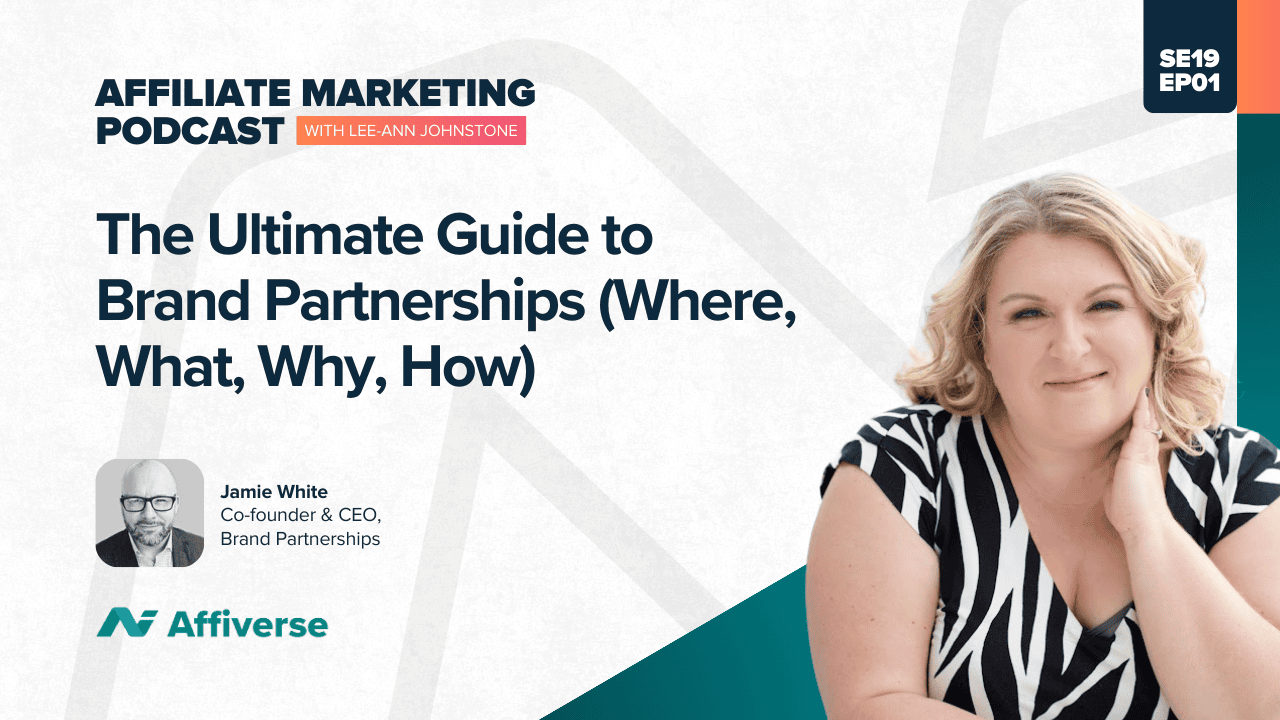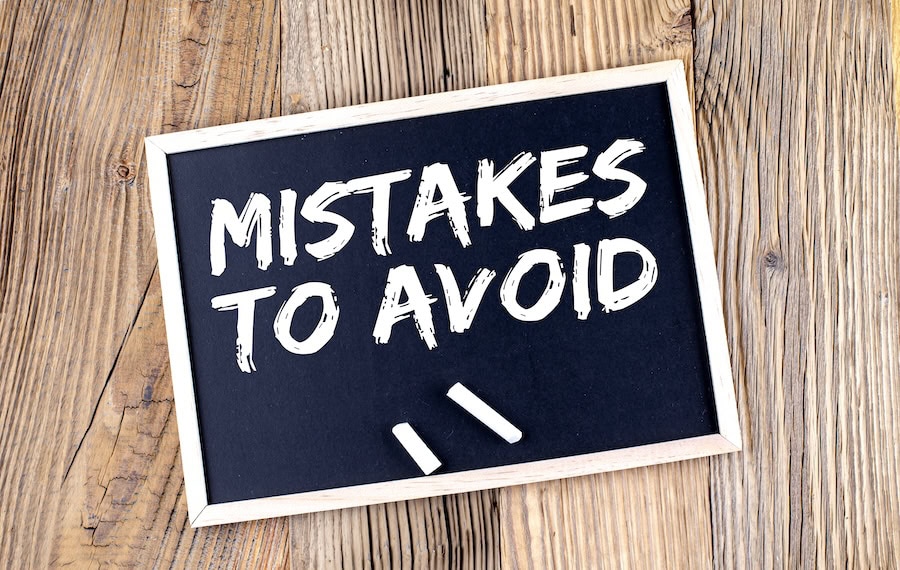Google has stepped up its fight against “parasite SEO,” a tactic that exploits high-authority websites to publish irrelevant or low-quality content, often with the goal of manipulating search rankings.
This renewed focus comes after sites like Sports Illustrated and USA Today were found hosting questionable sponsored articles that skirted Google’s policies.
For affiliates, this crackdown carries important implications, highlighting the need for transparency, quality content, and ethical practices in digital marketing.
What is parasite SEO?
Parasite SEO involves leveraging the domain authority of well-established websites to rank low-quality content higher in search engine results. This is typically done by publishing irrelevant or spammy articles through paid placements on reputable sites.
These articles often include affiliate links or promotional content designed to drive traffic or generate sales, regardless of whether the content aligns with the site’s usual focus.
For example, a fitness blog might feature an article about cryptocurrency investments simply because the publisher was paid to host it. While these articles may momentarily rank well thanks to the host site’s authority, they violate Google’s guidelines and undermine the integrity of search results.
Why is Google cracking down?
Google has long prioritised delivering high-quality, relevant content to users. Parasite SEO undermines this mission by artificially boosting irrelevant or low-value pages, frustrating users and eroding trust in search results. By targeting these practices, Google aims to ensure that its search engine remains a reliable source of information.
The crackdown reflects Google’s broader effort to combat manipulative SEO practices. Recently, the company has refined its algorithms to better identify and penalise sites that host or promote deceptive content. This is part of a larger push to prioritise user experience and ensure that only high-quality, relevant content ranks well.
What does this mean for affiliates?
For affiliates, the crackdown on parasite SEO is a clear reminder of the importance of ethical practices and high-quality content. While some affiliates may have benefited from these questionable tactics in the past, relying on such methods is no longer viable—and could even result in penalties.
Here are the key takeaways for affiliates:
1. Focus on relevance and quality
Affiliates must prioritise creating content that is genuinely valuable to their audience. Irrelevant or spammy articles not only risk penalties but also damage credibility with readers. High-quality, well-researched content that aligns with your niche will always have a better chance of ranking well and driving conversions.
2. Avoid questionable partnerships
Affiliates should carefully vet any sites they collaborate with to ensure they align with Google’s guidelines. Partnering with sites that engage in parasite SEO or host irrelevant content could harm your reputation and rankings.
3. Transparency is key
Clearly disclose affiliate links and sponsorships in your content. Transparency builds trust with both users and search engines, reducing the risk of penalties and fostering stronger relationships with your audience.
4. Stay informed about algorithm changes
Google’s algorithms are constantly evolving, and staying up-to-date is essential for affiliates. Regularly review updates and adjust your strategies to ensure compliance with Google’s latest guidelines.
Opportunities for ethical affiliates
While Google’s crackdown poses challenges for those relying on manipulative tactics, it creates opportunities for affiliates committed to ethical practices. Here’s how:
1. Build trust with audiences
As Google rewards high-quality content, affiliates who consistently produce valuable, relevant articles can gain an edge. Building trust with your audience not only improves rankings but also increases conversion rates.
2. Strengthen partnerships with reputable sites
Affiliates who focus on building relationships with trustworthy websites can benefit from the shift away from parasite SEO. Partnering with high-authority sites that prioritise quality content enhances your credibility and helps maintain strong rankings.
3. Leverage diverse traffic sources
Google’s focus on quality means affiliates should diversify their traffic sources to reduce dependence on search rankings. Email marketing, social media, and paid ads can complement organic strategies and ensure a steady flow of traffic.
The road ahead for affiliates
Google’s actions against parasite SEO are part of a broader push to improve the integrity of search results. For affiliates, this is a wake-up call to focus on ethical, audience-driven strategies. By prioritising relevance, transparency, and quality, affiliates can not only adapt to these changes but also thrive in a more competitive and trustworthy digital landscape.
The message is clear: shortcuts won’t cut it anymore. Affiliates who invest in building genuine connections with their audience and creating content that adds value will be better positioned to succeed as Google continues its fight against manipulative practices.



















